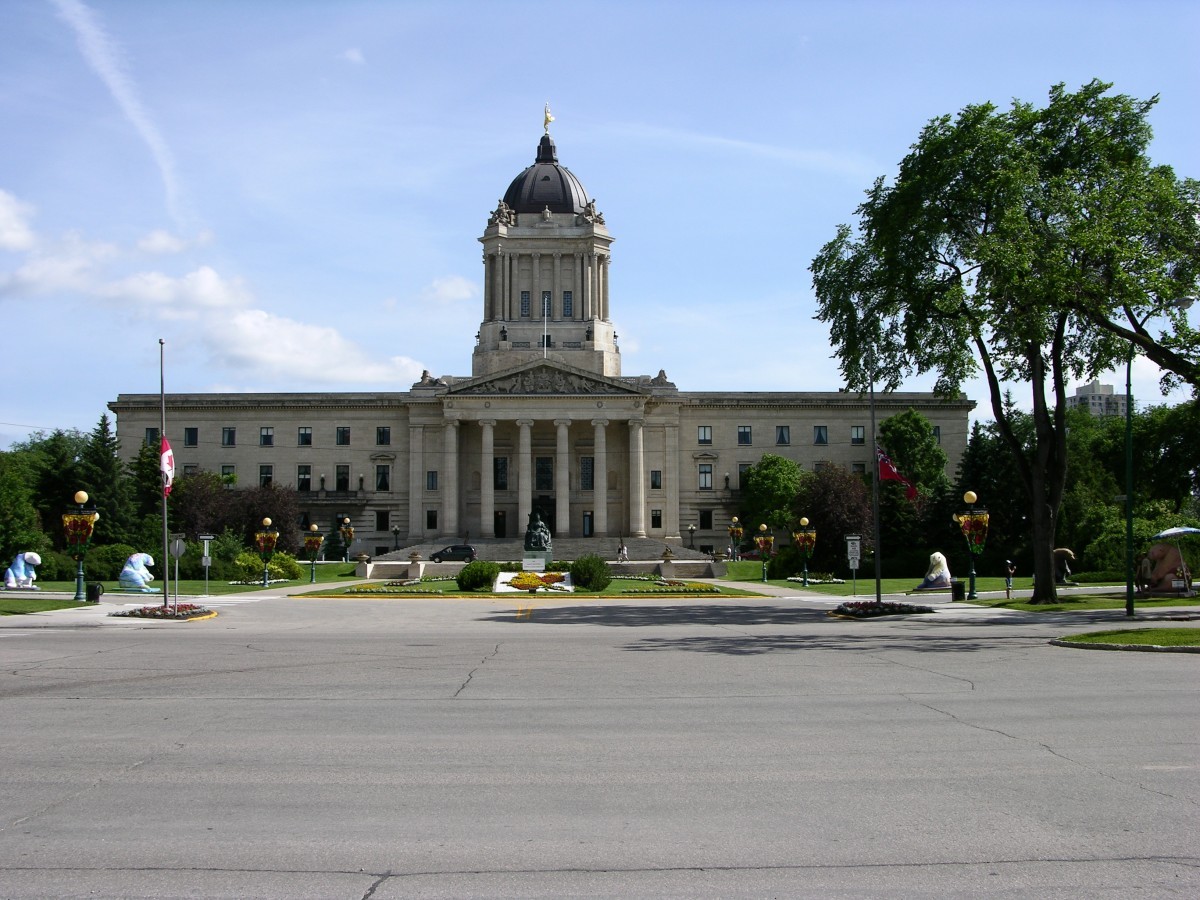
Op-ed: Cutting government spending is out of step with economic times
The following is an op-ed written by economics professors Robert Chernomas and Ian Hudson, authors of Economics of the 21st Century: A Critical Perspective (University of Toronto Press) and The Profit Doctrine: Economists of the Neoliberal Era (Pluto Press). Their op-ed originally appeared in the Winnipeg Free Press on Feb. 22, 2017.
Before the turn of the millennium, balanced budgets were all the rage. In Canada, federal and provincial governments campaigned on their ability to balance the books. Manitoba, for example, passed balanced-budget legislation that contained the twin provisions of not running a deficit and requiring a referendum to increase taxes.
They were justified intellectually by a number of economists, including Nobel Prize winners Milton Friedman and James Buchanan, who were keen to curb what they perceived as the dangerous growth of the state that deficit spending often implied.
Buchanan argued that a host of social ills could be ascribed to government spending, and what he saw as its inflation-causing tendencies, including “a generalized erosion in public and private manners, increasingly liberalized attitudes toward sexual activities, a declining vitality of the Puritan work ethic, deterioration in product quality, explosion of the welfare rolls, widespread corruption in both the private and the governmental sector, and, finally, observed increases in the alienation of voters from the political process.”
However, in the wake of the 2008 economic crisis, deficit spending has come back into political vogue as a measure to both stimulate the economy and protect valuable public services. The term “austerity” has been coined to pillory disastrous European efforts to balance the books after the 2008 economic collapse by cutting spending on public programs.
European austerity programs have created unemployment, gutted government services and been blamed for creating a “lost generation” in several countries. In the United States, the Obama administration ran large deficits to combat rising unemployment. In Canada, the federal Liberals were elected on a platform of deficit spending. These political trends are justified intellectually by some surprising supporters.
Three economists at the International Monetary Fund, long a leading advocate and international enforcer of austerity policies, recently published a paper titled Neoliberalism: Oversold, in which they argued that running budget surpluses through austerity policies is doubly dangerous.
First, contrary to the belief that smaller government will unleash the private sector and create economic growth, the reduction of government spending reduces demand and slows the economy.
Second, the austerity programs required to reduce the size of the state create increased inequality, which further harms growth. Countries where incomes are more equally distributed tend to grow faster and have growth cycles that last longer. In fact, “policymakers should be more open to redistribution than they are,” according to the paper.
In reporting on Neoliberalism: Oversold, Fortune magazine pointed out that while the economic growth that austerity policies are designed to create is “difficult to discern” from the evidence, “the inequality caused by austerity and laissez-faire policies is palpable.”
In acknowledging the crucial role of government services in creating economic growth, the World Economic Forum (WEF) — the Geneva-based foundation that holds an annual meeting of chief executives and political leaders in Davos, Switzerland — was a genuine trend-setter.
Every year, the WEF produces a Global Competitiveness Report, which ranks the competitiveness of the world’s economies. During the past decade, the list of the most competitive economies has changed very little, although the rank order reshuffles from time to time. The so-called Nordics (you don’t have to actually be Nordic, just share their policy perspective), disparaged by free-market advocates for their large and powerful public sectors, are consistently ranked at the top of this list, precisely because their higher taxes and strict regulatory framework create quality public institutions and excellent macroeconomic management.
Unfortunately, several provincial governments appear to be listening to Friedman and Buchanan’s old ideas for their budgetary advice rather than the IMF economists or the WEF. The governments of Manitoba, Saskatchewan and Nova Scotia have insisted that cuts to a wide variety of crucial programs are necessary to correct for what they feel are dangerous deficits.
For example, Manitoba Premier Brian Pallister has been issuing an “all hands on deck” call in reference to the need to cut spending to correct for a budget deficit that he continually mislabels as a crisis. This mantra about belt-tightening and sacrifice to balance the books may be intuitively appealing, but it reflects an outdated understanding of the role of government in a modern economy.
Government spending and redistributive policies do not hinder economic growth: they help create it. Provincial governments thinking about slashing equality-increasing policies in the name of fiscal responsibility should keep up with the times.






